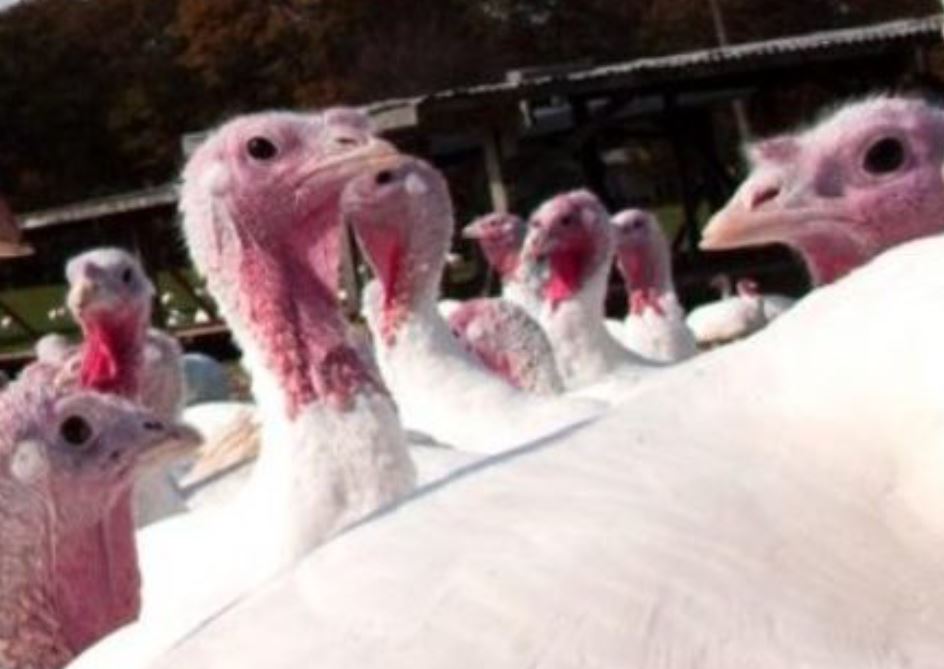Avian influenza (bird flu) has been identified in a turkey flock in Co. Monaghan the Department of Agriculture, Food and the Marine (DAFM) has confirmed.
It is understood that tests had been conducted on a number of sites in Clones during the weekend and results confirmed today (Sunday, November 13) that avian Influenza H5N1 had been identified.
The infected premises lies close to the border between Monaghan and Fermanagh.
DAFM has said that further tests will be carried out to “determine the pathogenicity” over the coming days.
The department said it had been “liaising closely” with the poultry industry in recent days and “will continue to do so”.
Northern Ireland’s Department of Agriculture, Environment and Rural Affairs (DAERA) said it was moving immediately to enforce disease control restriction zones in place in Co. Fermanagh following confirmation of bird flu in Co. Monaghan.
Confinement order
The Minister for Agriculture, Food and the Marine, Charlie McConalogue, had previously issued a “confinement order” on poultry and captive birds from Monday (November 7) “as a precautionary measure”.
This order requires all flock keepers to confine poultry and captive birds under their control in a secure building which cannot be accessed by wild birds or other animals.
Bird flu has previously been identified in wild birds and in captive birds in Ireland but confirmation that samples show that it has now been positively identified in a commercial flock will spark concern among farmers in the run up to Christmas.
Nigel Sweetnam, chair of the IFA poultry committee, previously told Agriland that every producer is concerned about the risk posed by bird flu to their flocks.
According to Sweetnam there are an estimated 100 turkey producers across the country with the majority located around Co. Cavan and Co. Monaghan.
The Department said today it has moved quickly to put in place “avian influenza restriction zones where additional protection and surveillance measures are required”.
“Poultry keepers with flocks located within the restriction zones are legally obliged to comply with zone requirements”.
DAFM said it has also advised strict adherence to the precautionary measures against bird flu.
It has advocated that “stringent biosecurity” remains key to protecting poultry and captive bird flocks from disease.
“Poultry flock owners should remain vigilant for any signs of disease in their flocks and report any disease suspicion to their nearest department regional veterinary office,” DAFM has urged.
Meanwhile the Health Protection Surveillance Centre has confirmed that although the H5N1 subtype can cause serious disease in poultry and other birds, the risk to humans is considered to be very low.
But it is warning people not to handle sick or dead wild birds and to keep their dog on a leash in areas with sick or dead wild birds.
“It is important to note that there is no evidence of a human health risk associated with consumption of poultry meat, poultry meat products or eggs,” it added.
